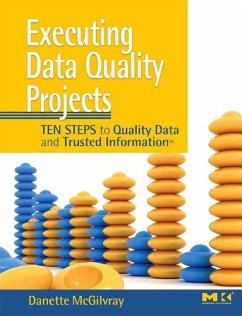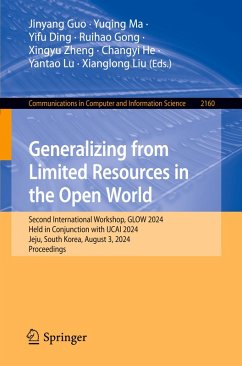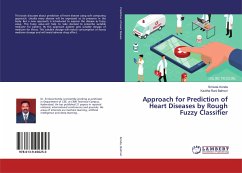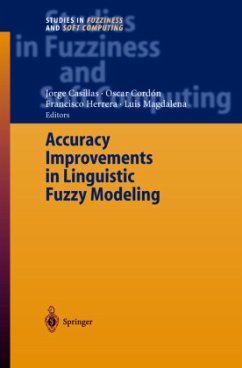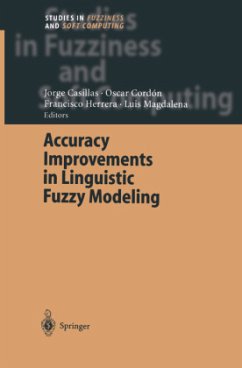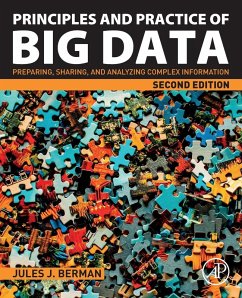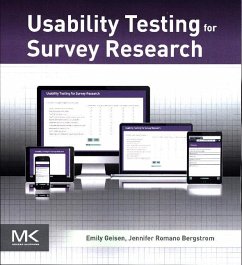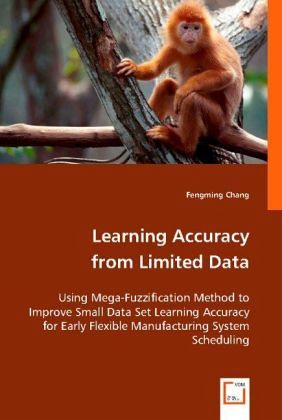
Learning Accuracy from Limited Data
Using Mega-Fuzzification Method to Improve Small Data Set Learning Accuracy for Early Flexible Manufacturing System Scheduling
Versandkostenfrei!
Versandfertig in 6-10 Tagen
32,99 €
inkl. MwSt.

PAYBACK Punkte
16 °P sammeln!
Many machine learning methods to improve system scheduling have been proposed in the field of artificial intelligence. Most of them rely on a large amount of data having been gathered, and knowledge derived from the limited data available in the early manufacturing stages is usually too fragile for a flexible manufacturing system. This causes the accuracy of prediction with regard to the production strategy to be very low. It is therefore a challenging problem to increase the accuracy of predictions derived from early knowledge acquisition. This thesis is aimed at increasing the accuracy of ma...
Many machine learning methods to improve system scheduling have been proposed in the field of artificial intelligence. Most of them rely on a large amount of data having been gathered, and knowledge derived from the limited data available in the early manufacturing stages is usually too fragile for a flexible manufacturing system. This causes the accuracy of prediction with regard to the production strategy to be very low. It is therefore a challenging problem to increase the accuracy of predictions derived from early knowledge acquisition. This thesis is aimed at increasing the accuracy of machine learning for FMS scheduling using small data sets. Methodologies proposed include data continualized concept, mega-fuzzification, application of fuzzy theory, and data domain external expansion approach. Also, this thesis considers the data bias phenomenon that often occurs in small data sets and provides a method for its adjustment. Furthermore, a method is proposed to determine the domain external expansion magnitude when data range is unknown. Briefly, the results show that the proposed approaches can increase the learning accuracy in a broad range of applications.



